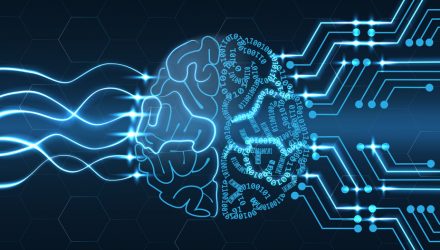A partnership with Syracuse University and the Institute for Veterans and Military Families, provides free skills training for US military veterans, including statistics, analytics and programming skills. I had the opportunity to meet the team that leads this program, and they’re truly energized by the opportunities they’re creating for military families and the economy.
A collaboration with Cisco, Cloudera and Nanyang Polytechnic to launch a Digital Engineering Innovation Centre (DEIC) in Singapore. The innovation center will provide students advanced analytics solutions so they can innovate and develop skills needed for the new economy.
Educators to Train Workers for the New Economy
And we’re not alone. Today’s educators are creating programs to train workers for the new economy. And I don’t mean two- and four-year degree curricula only. Instead, educators are embracing new, innovative programs to train workers around the world with new skill sets, including:
Micro degrees, certificates or other credentials that can be obtained with a few courses in less than a year. These types of courses can teach programming skills, robotics, electronics and other trade skills that are in demand.
Digital learning opportunities, including open online courses and new virtual classrooms where students can select learning paths and engage with professors despite distance and schedule conflicts.
One fascinating example was showcased at the transformation summit by Nitin Nohria, Senior Associate Dean of Faculty development at the Harvard business school. HBX LIVE is a virtual classroom designed to reproduce the interaction and intimacy in a live class. Take a few minutes to experience this virtual classroom in the video below.
Ten years ago, Nohria shunned the idea of virtual learning and denied it would ever truly be embraced by colleges and universities. Today, he is one of its biggest proponents. He sees it working and knows that students expect this type of learning environment.
Now it’s your turn. What are you doing to prepare for a future with AI? Are you thinking about how AI can augment your job or what skills you can learn for the digital economy? I’d love to learn what’s working for you and your organization to fill the skills gap and prepare for the future.
This article has been republished by SAS.
